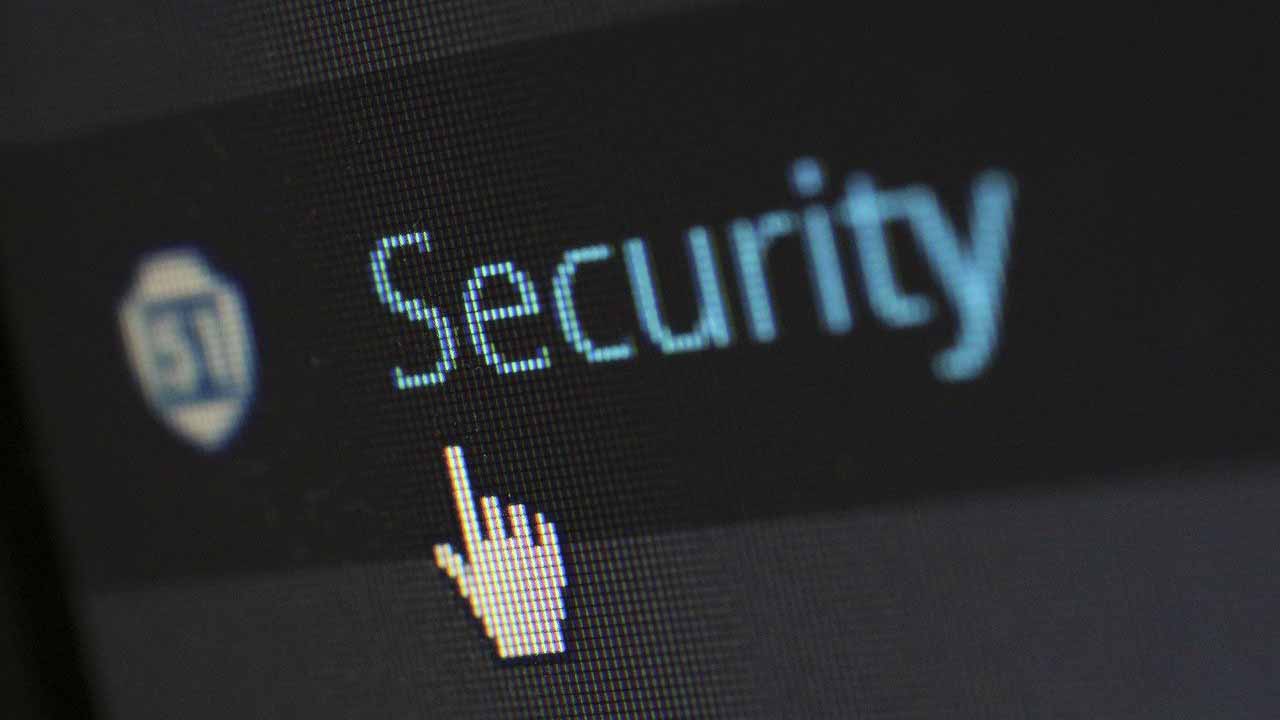More and more people are using the internet and various digital devices during their holidays. While on the one hand the holidays can represent a detoxifying break from the mobile phone, on the other it is undeniable that a smartphone helps us to travel more comfortably, discover new places and perhaps solve small last-minute emergencies. What remains to be understood is whether traveling with a smartphone and laptop is even safer or if it represents a risk for our data. In this post, Panda Security wants to support users by pointing out what to avoid and what to do to connect securely during your next vacation.
Panda Security recommends secure connections to us
The first consideration is related to the connections you will use on vacation. To be really safe, it is best to avoid public Wi-Fi networks and think about how to connect to the network when you arrive at the tourist destination.
Many people are content to use the Wi-Fi network of airports, bars and other public places, and of course that of the tourist facility where they are staying, but these networks could be unsafe. Someone could spy on data transmissions looking for interesting communications, such as bank details, login credentials or other personal data.
To be really sure:
- Avoid, as mentioned, public Wi-Fi networks.
- If you need to use public networks, use a virtual private network (VPN).
- Buy a SIM from a national operator, perhaps a prepaid one, and use it to connect to the Internet.
- If you have a laptop, use your phone’s secure connection by setting it as a hotspot.
Safe devices
Having solved the problem of networks, according to Panda Security the chances of suffering a cyber attack are very low, but a further step will be deciding which devices to use and how to make them safe.
First of all, any type of personal operation (which involves entering sensitive credentials) should be performed from a personal device rather than relying on a computer for shared use. In short, the ideal is to avoid hotel desktops and other shared access points as much as possible, because these too could be controlled by hackers.
We must therefore prepare the device and make it safe. The ideal is to install a complete antivirus that not only protects your smartphone from malware and cyber attacks but also allows you to connect to a VPN with the following advantages:
- Protects data by encryption
- Makes browsing anonymous
- Allows you to access streaming platforms (such as Netflix and Spotify) that apply geographic restrictions.
It is best to install the antivirus before you leave, update it and do a scan to check that you have no viruses and vulnerabilities on your phone. That said, human error is the first major vulnerability of all computer systems. No device or connection is truly safe if used in a risky way. For this reason, on vacation we recommend following stricter digital behavioral rules than traditional ones. The reason is simple: responding to a cyberattack or theft when you are hundreds of kilometers from home, perhaps in a country whose language you don’t speak well, is even more difficult.
The privacy protection features are useful for using your favorite devices and apps safely even when you are on vacation. However, the most important thing is to use networks and devices safely, prepare yourself properly and avoid unnecessary risks as much as possible, because human error is the first major vulnerability of all computer systems.















Leave a Reply
View Comments